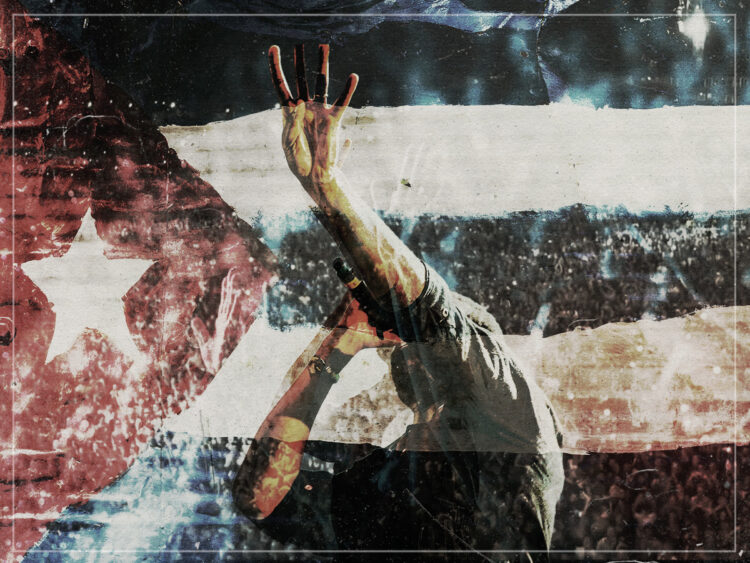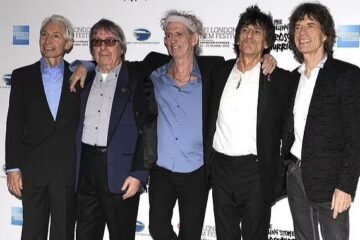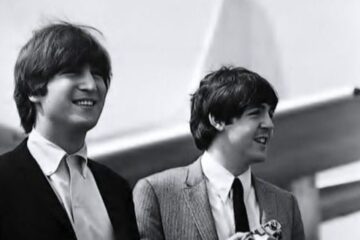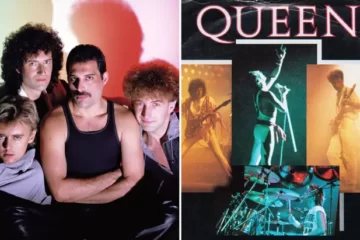Most fans will associate The Rolling Stones‘ exile period with the 1972 album Exile on Main St. and its cradle, Keith Richards’ lavish villa in the Côte d’Azur, France. This is, of course, no error, but the band actually remained in tax exile for several years after this excursion. When it came to recording the follow-up, 1973’s Goats Head Soup, the Caribbean beckoned.
Perhaps it’s Johnny Depp’s portrayal of Captain Jack Sparrow in Pirates of the Caribbean, but the image of Richards in the Gulf of Mexico seems perfectly fitting. “It’s a very interesting album. I remember, of course, cutting in Jamaica, and that made it very memorable, especially in that year, because that was ’73, that was the year Marley and the Wailers put out Catch a Fire,” Richards recalled in a past interview with Rolling Stone.
“That’s also the year the soundtrack of The Harder They Come came out,” he added. “I remember being in Jamaica. There was a feeling in the air, actually, that Jamaica was starting to make a mark on the map. It was a great feeling.”
While Jamaica’s involvement in the global music industry began to find its footing in the early 1970s, its neighbouring island nation, Cuba, was far behind the wake. Following the Cuban Revolution of 1952-59, the communist state bedded into a state of economic dormancy underpinned by severed trade links, crucially with the US.
Under the rule of Fidel Castro, Cuba entered cultural isolation. With strict border control and monitoring of cultural exports, it became near-impossible for European and American musicians to arrange concerts in the country. Furthermore, given the strained relations, bands weren’t exactly lobbying in their dozens to gain entry to Cuba.
In 2016, The Rolling Stones performed their first-ever concert in Cuba at Havana’s Ciudad Deportiva, marking a pivotal moment in musical history. Following decades of cultural isolation, Cuba welcomed one of the world’s most prominent rock groups to perform in front of 450,000 local fans.
Following the performance, however, fans of the American supergroup Audioslave were quick to deny the Stones’ concert as a historical landmark. They countered that Chris Cornell, Tom Morello, Tim Commerford and Brad Wilk of Audioslave had performed the first major rock concert in Cuba back in May 2005.
Indeed, Audioslave defied the US’s embargo against Cuba to perform a free concert in Havana, following special approval from President George W. Bush and Fidel Castro. After the historic occasion, Morello stated that Audioslave had “single-handedly demolished the rock and roll blockade against Cuba.”
While Audioslave and The Rolling Stones’ concerts were both historically significant in terms of scale and recognition, several rock artists had performed smaller shows in Cuba throughout the late 20th century. Notably, Billy Joel, Stephen Stills, Weather Report, and several other American pop and jazz artists performed at Havana’s Karl Marx Theatre during a one-off event in March 1979.
Furthermore, the Welsh rock band Manic Street Preachers arranged a small anti-America concert via Neath MP Peter Hain in 2001. “They contacted me when I was at the Foreign Office and asked me whether I could help with a concert in Cuba,” Hain recalled.
“Cuba is an example that everything doesn’t have to be Americanised,” lead singer James Dean Bradfield told The Guardian at the time. Meanwhile, guitarist Nicky Wire explained that the visit was “not like a student Che Guevara sort of thing – it’s just that Cuba, for me, is the last great symbol that really fights against the Americanisation of the world.”




